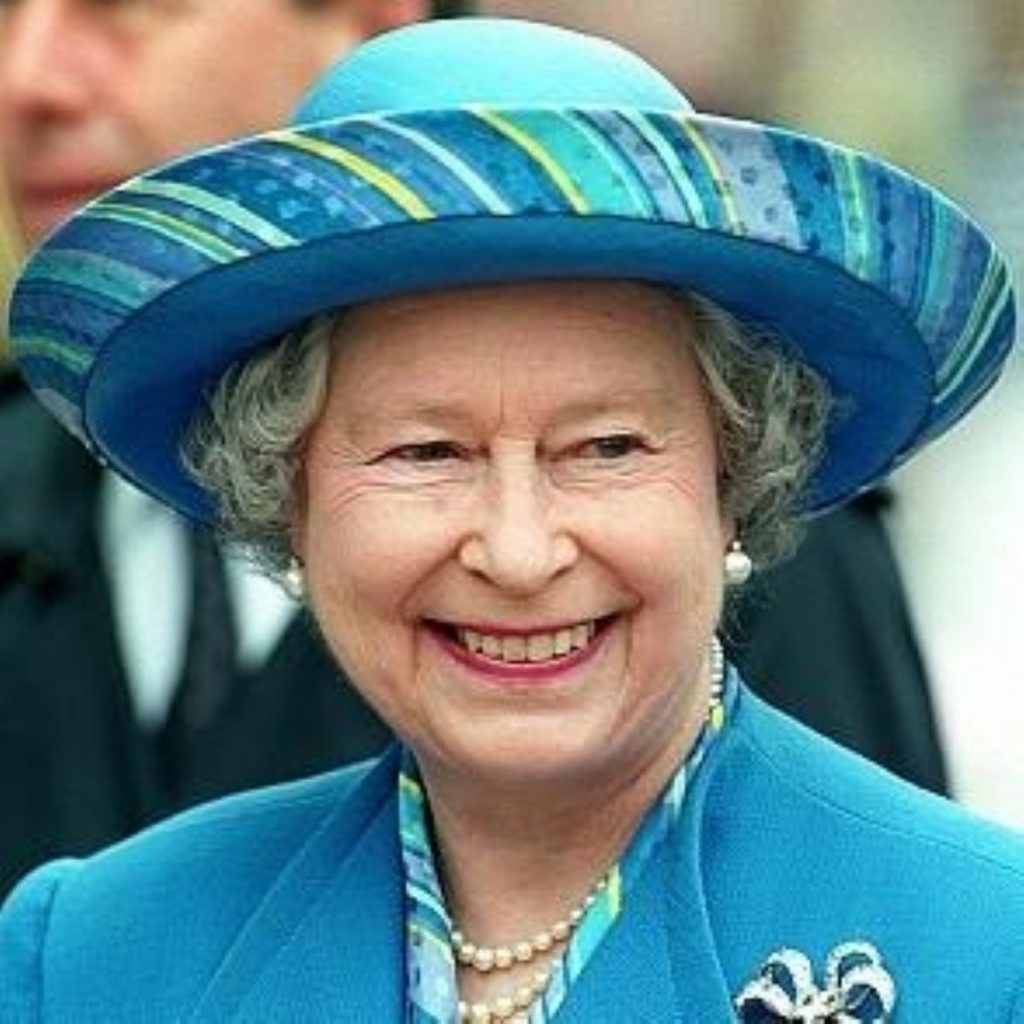Queen’s Church of England link questioned by MPs
By Alex Stevenson Follow @alex__stevenson
Constitutional changes are raising further questions about the Queen's role as head of the Church of England, MPs have said.
The Commons' political and constitutional reform committee said moves to end a ban on the monarch marrying a Catholic opened up related issues about the Church's links with the head of state.
Its report said the value of the oaths a new monarch swears are "questionable" because he or she has only a limited ability to fulfil them. The Queen promised to "maintain in the United Kingdom the Protestant Reformed Religion established by law" at her coronation.


MPs noted that "such promises do not sit comfortably with the notion of a purely constitutional monarchy."
They welcomed the recent move to allow a member of the royal family to marry a Roman Catholic without losing their place in the line of succession.
David Cameron secured agreement to make the change from the 16 realms of which Queen Elizabeth II is the head of state at a meeting in Perth, Australia in October.
But MPs added: "The proposal does, however, raise questions about the future role of the crown in the Church of England, which the House may wish to consider in due course."
Committee chair Graham Allen told politics.co.uk he did not have a specific view about the issue, but said MPs would be interested in looking at the issue more closely "if there was sufficient demand".
The report was influenced by UCL Constitution Unit's Robert Morris, who told the committee that the monarch's role as supreme governor of the Church was essentially ceremonial.
He told MPs: "One could argue that one must not touch that, otherwise the establishment will break down around our ears, or one could take the view that we can respond to the sort of society we have become and that we can re-interpret that as well, as we have re-interpreted so many other parts of the constitution, and make it possible, as one bishop at least thought some years ago, for even a Roman Catholic to be the supreme governor of the Church of England."
The report also highlighted the ongoing practice of primogeniture for peerages, which it said remains a matter of public interest because it makes women ineligible for heredity peerages.









